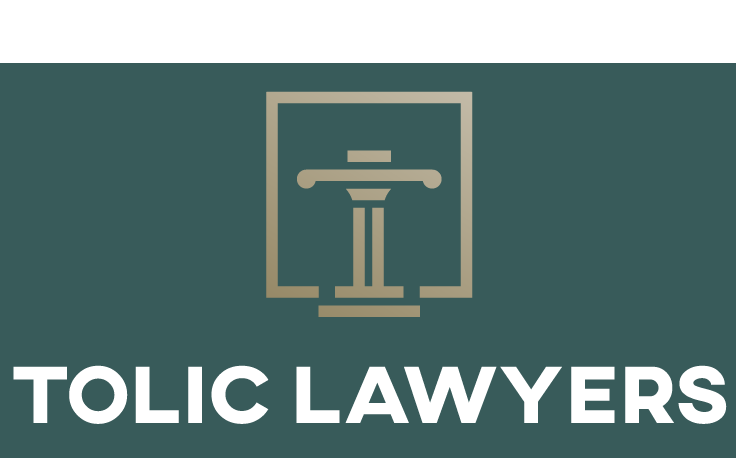Child abuse refers to the mistreatment or harm inflicted upon a child, typically by a parent, caregiver, or someone in a position of trust and authority.
It encompasses various forms of harm, including physical, emotional, sexual, or neglectful actions that can cause physical or psychological damage to the child. Child abuse is a serious issue that can have long-lasting and detrimental effects on a child’s well-being and development.
In Australia, the legal framework that addresses child abuse and the protection of children is primarily governed by the Family Law Act 1975. The Family Law Act is a federal law that deals with various aspects of family relationships, including divorce, child custody, and property settlements. When it comes to child abuse, the Family Law Act plays a crucial role in ensuring the safety and welfare of children involved in family law proceedings.
Key points related to child abuse and the Family Law Act in Australia include:
- Best Interests of the Child: The paramount consideration in any family law matter, including child custody and visitation arrangements, is the best interests of the child. The court must ensure that decisions made regarding the child’s care and upbringing are made with their well-being as the top priority.
- Protection from Harm: The Family Law Act recognizes that children should be protected from physical or psychological harm, abuse, neglect, or exposure to family violence. Courts are obligated to make orders that protect children from any such harm.
- Mandatory Reporting: In many Australian states and territories, there are laws mandating the reporting of child abuse or suspected child abuse to relevant authorities, such as child protection agencies or the police. Failure to report abuse can result in legal consequences.
- Family Violence Provisions: The Family Law Act has provisions that address family violence, which can include child abuse. These provisions allow courts to make orders to protect victims of family violence and prevent contact between perpetrators and victims.
- Parenting Orders: The Family Law Act allows the court to make parenting orders that specify how parental responsibilities and time with children should be allocated. These orders can include provisions aimed at protecting children from harm, such as supervised visitation or counselling.
- Child Abuse Allegations in Family Law Proceedings: When allegations of child abuse are raised in family law proceedings, the court may appoint independent experts, such as child psychologists or counsellors, to assess the situation and provide recommendations for the child’s best interests.
If you suspect or are aware of child abuse, it is essential to report it to the appropriate authorities, such as child protection agencies or the police, so that appropriate actions can be taken to safeguard the child’s well-being.
